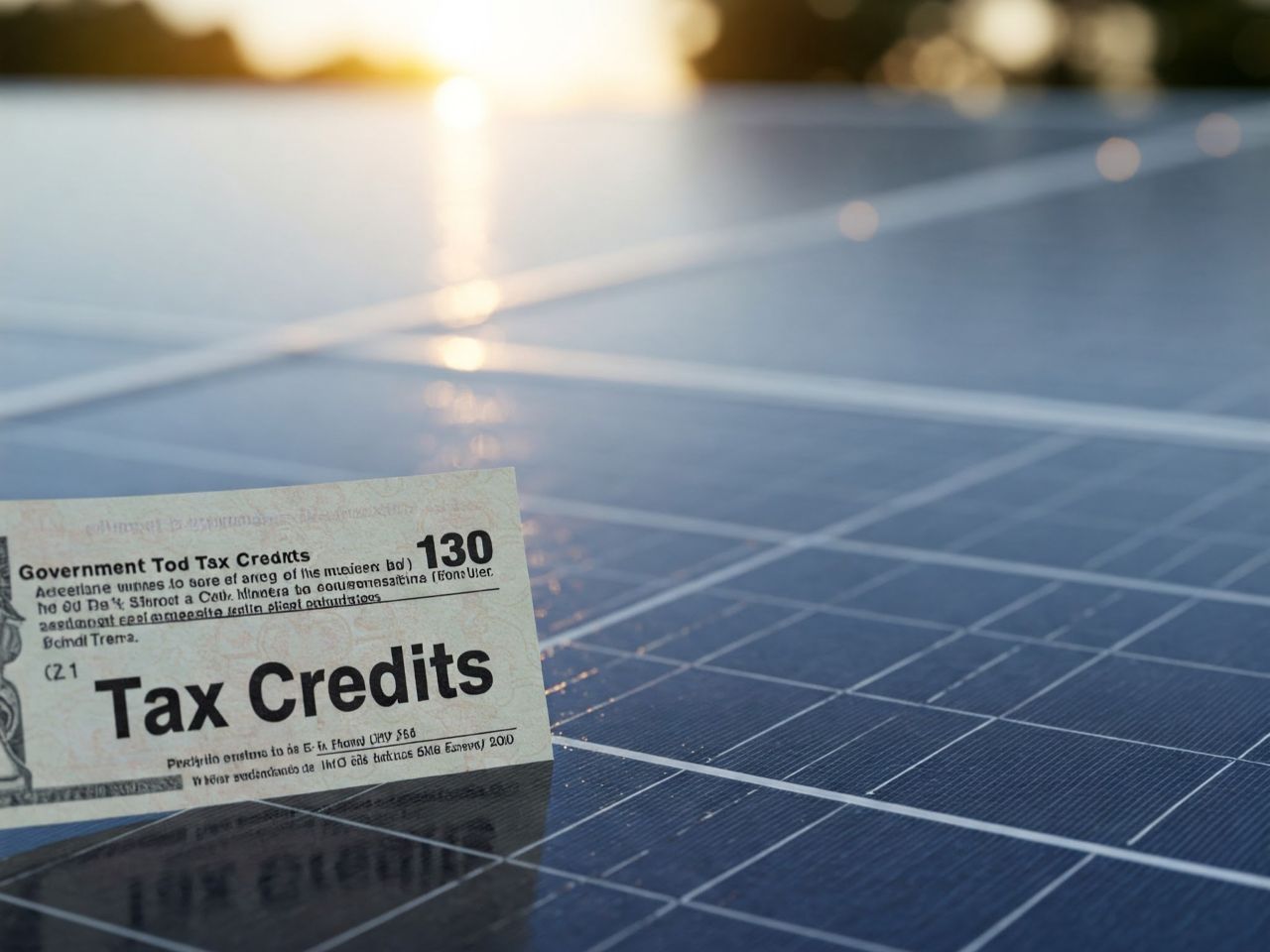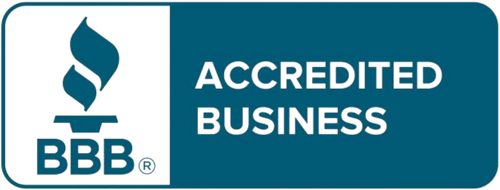As tax season approaches, homeowners who installed solar panels in the past year have a valuable opportunity to reduce their federal tax liability. The Residential Clean Energy Credit, commonly known as the solar tax credit, allows eligible homeowners to deduct a percentage of their solar installation costs from their federal income taxes.
If you installed a solar energy system in 2024, you may be eligible for a 30% federal tax credit when filing your 2025 tax return. However, claiming the credit depends on your individual tax situation. Since we are not tax professionals, we highly recommend speaking with a certified accountant or tax advisor to confirm how much of the credit you qualify for and how it applies to your tax filing.
In this guide, we’ll break down how the solar tax credit works, who qualifies, and how to claim it on your tax return.
How Does the Solar Tax Credit Work?
The federal solar tax credit is a dollar-for-dollar reduction in the amount of federal income tax you owe. It is not a rebate—meaning you won’t receive a check from the government—but it does lower the amount of taxes you are responsible for paying.
To benefit from the solar tax credit, you must have a tax liability—meaning you must owe federal income taxes. If you do not owe any taxes, the credit will not result in a refund.
Example Calculation
- You install a solar energy system that costs $20,000.
- You qualify for the 30% tax credit: $20,000 x 30% = $6,000.
- You can deduct $6,000 from your federal tax bill for the year you installed the system.
However, if your tax credit is larger than your total tax bill, the remaining balance can roll over to future tax years until the credit is used up, as long as the tax credit program remains active.
Example Scenarios
✔️ You owe $5,000 in federal taxes, and your solar tax credit is $6,000.
- You apply $5,000 of the credit this year, reducing your tax liability to $0.
- The remaining $1,000 credit rolls over to the following tax year.
✔️ You do not owe any federal taxes this year.
- Since you have no tax liability, the solar tax credit cannot be used this year.
- However, the credit can roll over to future years when you do owe taxes.
Because every homeowner’s tax situation is different, we recommend consulting with a tax professional to confirm whether you can fully use the tax credit in the current year or how much will roll over.
How to Claim the Solar Tax Credit on Your Taxes
Claiming your solar tax credit is a straightforward process, but it’s always best to consult with a certified tax professional to ensure accuracy.
Step 1: Gather Your Documentation
To claim your credit, you’ll need:
- Your solar installation contract or purchase agreement.
- Receipts and invoices showing the total cost of your system, including labor and materials.
- Proof of installation completion date (such as your PTO—Permission to Operate—letter from your utility company).
Step 2: Fill Out IRS Form 5695
- Download IRS Form 5695 (Residential Energy Credits).
- Complete Part I, listing your total qualifying expenses.
- Calculate your credit amount (30% of your total system cost).
- Transfer the credit to Schedule 3 (Form 1040) on your tax return.
Step 3: File Your Tax Return
- Attach Form 5695 to your federal tax return.
- If the credit exceeds your tax liability, the remaining balance will roll over to the next tax year.
- Work with a tax professional to ensure all paperwork is filed correctly.
Who Qualifies for the Solar Tax Credit?
To claim the solar tax credit, you must meet the following requirements:
✔️ You own the system (purchased outright or financed—leased systems do not qualify).
✔️ The system is installed at a U.S. residence you own (primary or secondary home).
✔️ The installation was completed in the tax year you are filing for.
✔️ You owe federal income taxes—if you don’t have a tax liability, the credit will carry over to future years.
If you have questions about whether you qualify, speak with a certified accountant who can review your tax situation.
State & Local Solar Incentives
In addition to the federal tax credit, homeowners in New Jersey, Pennsylvania, Maryland, and Delaware may qualify for additional state and local solar incentives:
- Solar Renewable Energy Certificates (SRECs): In NJ, MD, and PA, solar owners can earn and sell credits based on the energy their system produces.
- Property Tax Exemptions: Many states exempt solar systems from property tax increases.
- Sales Tax Exemptions: Some states waive sales tax on solar equipment purchases.
- Local Utility Rebates: Certain utility companies offer cash rebates for solar or battery installations.
It’s worth checking what incentives are available in your state before filing your taxes.
Common Questions About the Solar Tax Credit
What if I don’t owe taxes this year?
The credit will roll over to future years when you do owe taxes, but you will not receive a refund.
Can I claim the solar tax credit for my vacation or summer home?
Yes, as long as you own the home, it qualifies for the solar tax credit, even if it is not your primary residence. However, you cannot claim the credit on rental properties that are not personally used as a residence. A tax professional can confirm whether your vacation home qualifies.
Can I claim the credit if I installed solar in December but got PTO in January?
Yes, as long as your system was physically installed in the tax year you’re filing for.
Does the tax credit apply to leased systems?
No, only homeowners who own their system can claim the credit. If you lease your solar panels, the company that owns the system receives the tax credit.
Can I claim the tax credit if I installed solar panels on a rental property?
The tax credit only applies to owner-occupied residences. However, if you live in the home for part of the year and rent it out for the rest, a partial credit may be available. A tax professional can help determine eligibility.
Can I claim the credit if I added solar panels to an existing system?
Yes, if you expanded your system, the additional panels and equipment may qualify for the credit.
Does battery storage qualify for the solar tax credit?
Yes, solar batteries such as the Tesla Powerwall or Enphase Encharge qualify as long as they are installed with or connected to your solar panel system.
Should I file my taxes myself or use a professional?
Since tax credits and deductions can be complex, we strongly recommend consulting a tax expert to ensure you’re filing correctly.
Maximize Your Solar Savings This Tax Season
The 30% federal solar tax credit is a significant benefit, but it’s essential to understand how it applies to your tax situation. Since tax liability varies by individual, we encourage all solar homeowners to speak with a professional accountant or tax expert before filing.
If you have questions about your solar system, installation documentation, or incentives, Sunwise Energy is here to help.
📞 Call us: (609) 400-0059
📅 Book a solar consultation
Disclaimer: Sunwise Energy is not a tax advisor. Please consult a certified accountant for tax-related guidance.










